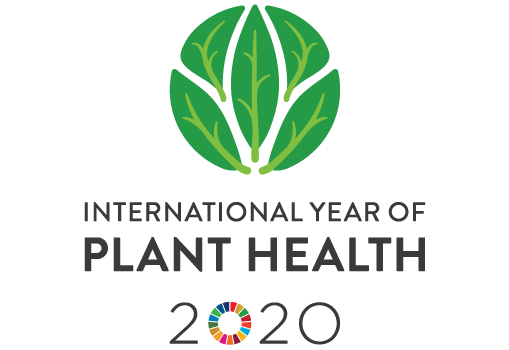The Food and Agriculture Organization (FAO) is highlighting the importance of innovation in safeguarding plant life, the cornerstone of our existence, on this year's International Day of Plant Health. The UN-designated day, observed on May 12th, emphasizes the critical role plant health plays in ensuring food security and environmental sustainability. This year's theme underscores the urgency of harnessing technological advancements to combat threats to plant health.
Recognizing the unprecedented challenges posed by climate change and other global issues, the FAO emphasizes that traditional methods are no longer sufficient. Beth Bechdol, FAO Deputy Director-General, underlines the necessity of leveraging "innovation, technological advancements and tools to protect plants. " Digital technologies and cutting-edge approaches are seen as game-changers in areas like plant pest monitoring and international plant trade regulation.
Plant pests and diseases inflict significant damage on crops, causing agricultural losses exceeding $220 billion annually. Early detection and intervention are crucial for mitigating these losses and safeguarding food supplies. Technological solutions such as remote sensing and digital surveillance tools can significantly enhance pest monitoring capabilities. These tools enable the identification and tracking of pests and diseases in real-time, allowing for targeted interventions before outbreaks become widespread.
Digitalization also plays a vital role in facilitating safe international trade in plants. Phytosanitary certification, a crucial component of plant trade, ensures that plants and plant products are free from pests and diseases. The FAO highlights the potential of digital phytosanitary certificates to streamline trade procedures and expedite the movement of goods while maintaining strict biosafety standards.
The FAO actively promotes the development and adoption of these technological solutions. They offer various resources and capacity-building programs to support member countries in strengthening their plant health infrastructures. This includes initiatives focused on developing robust pest surveillance systems, implementing digital trade facilitation measures, and promoting innovation in plant health research.
Investing in plant health technologies is not merely about protecting crops; it's about safeguarding global food security and fostering environmental well-being. Healthy plants are more resilient to climate change impacts like drought and extreme weather events. They also play a vital role in maintaining healthy ecosystems and ensuring biodiversity.
On International Day of Plant Health, the FAO's call to embrace technological solutions serves as a timely reminder of the critical role innovation must play in protecting our planet's vital plant life. By harnessing the power of technology, we can ensure a healthier future for plants, ourselves, and the planet we share.

